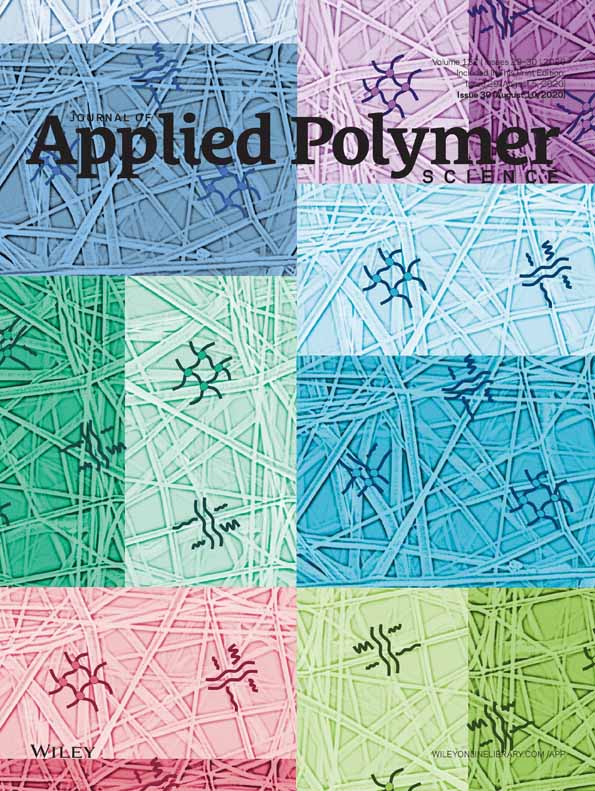Solubility parameters and solvent affinities for polycaprolactone: A comparison of methods
ABSTRACT
Intrinsic viscosity measurements were used in combination with the functional solubility parameter (FSP) and Hansen solubility parameter (HSP) fitting methods to determine the solubility parameters (SPs) of polycaprolactone (PCL). Despite using only eight solvents, a simple similarity criteria approach showed that the HSPs and FSPs were good predictors of the relative solvent-PCL affinity compared to HSPs available in the literature and SPs calculated using additive group contribution methods. Three complementary computational methodologies—Conductor-like Screening MOdel for Real Solvents (COSMO-RS), partial solvation parameters (PSPs), and a thermodynamic quantitative structure–property relationship (QSPR) approach—were used to substantiate the relative solvent–PCL affinities revealed by the intrinsic viscosity measurements. The solvent affinities predicted by all three techniques were in good agreement with the trend observed in the experimental intrinsic viscosity data, but the COSMO-RS activity coefficients, ln(γPCL), were slightly superior to the PSP and thermodynamic QSPR methods, particularly when incorporating the Elbro free-volume combinatorial correction in the COSMO-RS calculations. As part of this study, the FSP fitting algorithm was modified to obtain the PSPs for PCL in terms of the intrinsic viscosity data, thereby, presenting a promising new way to calculate the PSPs of polymers from empirical solubility and solvent affinity data. © 2020 Wiley Periodicals, Inc. J. Appl. Polym. Sci. 2020, 137, 48908.




